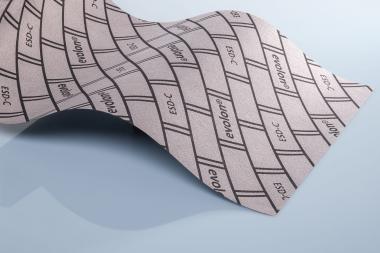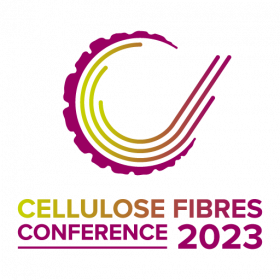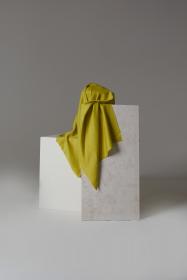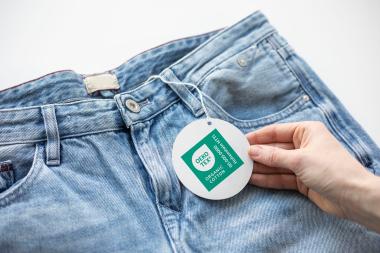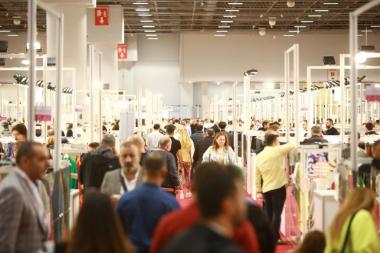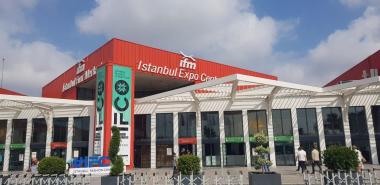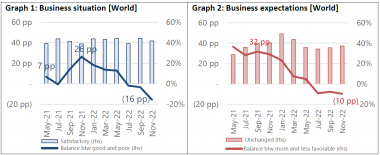Hohenstein expands testing portfolio beyond textiles
-
Acquisition of QAT Services Limited laboratory in Hong Kong
On 01.03.2023 Hohenstein takes over the DAkkS accredited QAT Services Limited laboratory. With this acquisition, the internationally recognized testing service provider is integrating the hardgoods knowledge of QATS employees into the Hohenstein portfolio. As a result, Hohenstein will provide full-service capabilities for Greater China and beyond.
"The expansion is a strategically important step for Hohenstein,” emphasizes Prof. Mecheels, owner and CEO of Hohenstein. "We are expanding our testing spectrum beyond the textile industry, in which we have been an established service provider for decades – and thus ensure both safe products and secure jobs." From now on, Hohenstein will also be testing food contact material, furniture, toys and much more. Hohenstein China Managing Director Christopher Au is also convinced: "With this step, Hohenstein is setting an important focus and strengthening its position for international customers."
Textilinstitut Hohenstein
Hohenstein Laboratories GmbH & Co. KG










